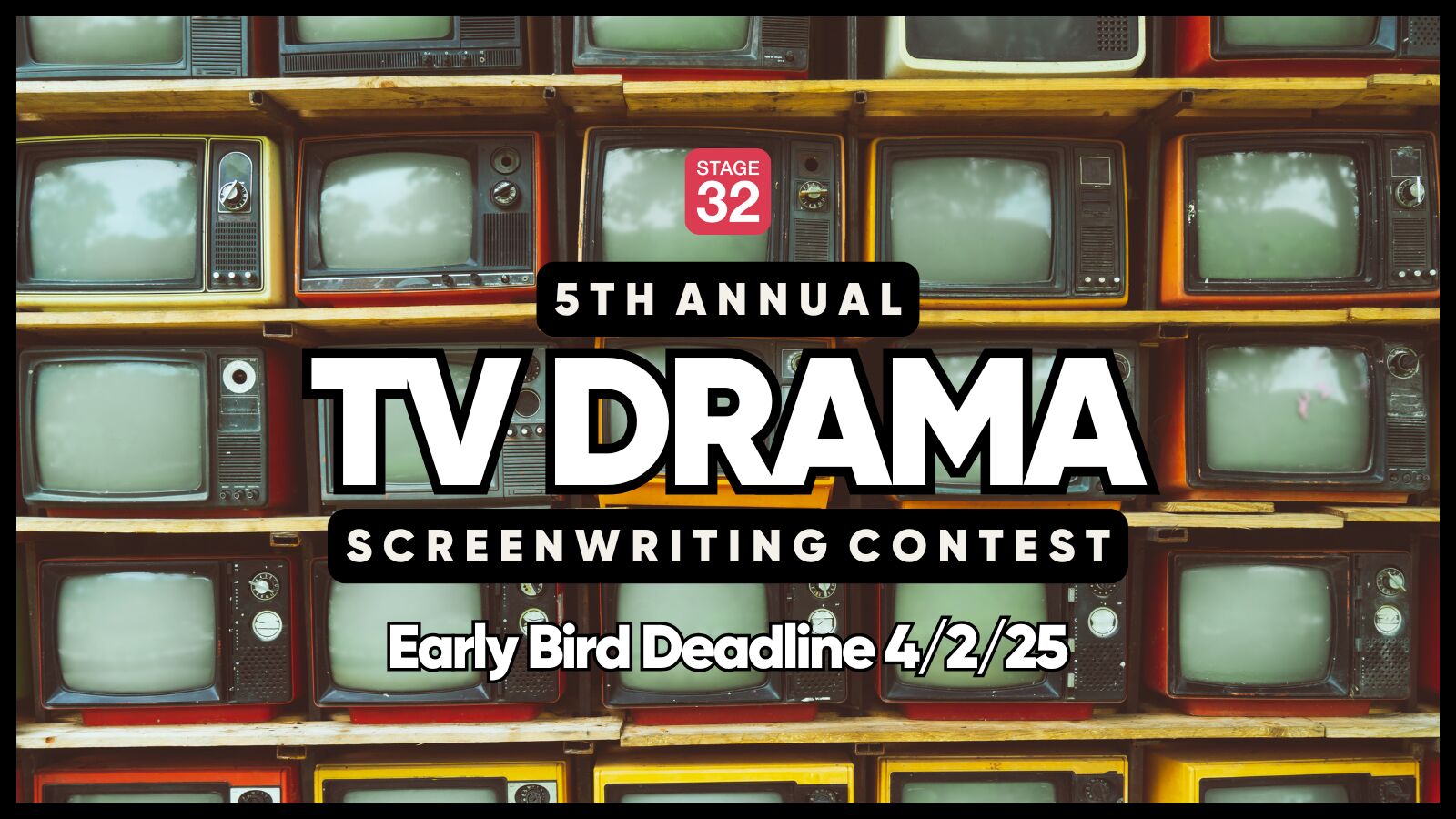My wife and I run a taping service in Atlanta (Get Taped!), and we're also actors. We've been taping auditions for others going on 15 years, and so we've seen it all. Something that came up recently (but is not new) is when an actor hasn't taken a basic script analysis class, and makes the following mistake: the stage directions say "a VOICE calls from outside" and then the character name is VOICE (O.S.). Then the very next stage direction says SAM enters. Then SAM says something. Many actors don't understand that VOICE IS SAM. It's a simple writing convention that until the character can be visually identified, they aren't listed as such. Sometimes this is extremely obvious, and other times it's a little harder to pick up on.
The moral of the story is training training training! Even though the "10,000 hours" philosophy has been somewhat debunked, it's still a great number to think of as the MINIMUM required for your training if you plan on sustaining a long career. I can speak for Atlanta that there are a large number of actors who tip toe into the industry, get an agent, but don't continue training. Predictably, they move on from the industry a couple years later. Every career requires continuing education. Don't let your acting career be any different!



Mmmmm... yeah, that's kinda tricky, and actors have a way of glossing over during first readings. I suppose this is why sides are so helpful because it would be highlighted. But also a solid lesson - just take the time to read your script!
1 person likes this
I'd love to know - would you recommend improve or scene study more? If you had to choose one over the other?
2 people like this
Great question. I think it depends on what you’ve done so far. I think a great scene study class is essential to learn script analysis among other key fundamentals. Too many actors skip this step assuming that auditioning IS their training. Big mistake. But once an actor has a good foundation, improv becomes essential to that “next level” because it takes that training you’ve had and makes it more versatile. Because you will NEVER get to act in optimal conditions. Improv teaches you to embrace that, adjust in the moment, and actually have fun creating something new that was never intended.
1 person likes this
Agree, in film making there is so much juicey tid bits to learn my biggest problem is not enough hours in the day!
2 people like this
I think all those are great investments...not an actor but as a writer/director i took all kinds of classes, acting, improv, rehearsal,etc, and they all were incredible experiences. I was pushed to the improv class by a friend, and then loved it and studied/practiced as part of my writing... and then last year did a film where I had some serious improv talent on set and used all that to work with them...